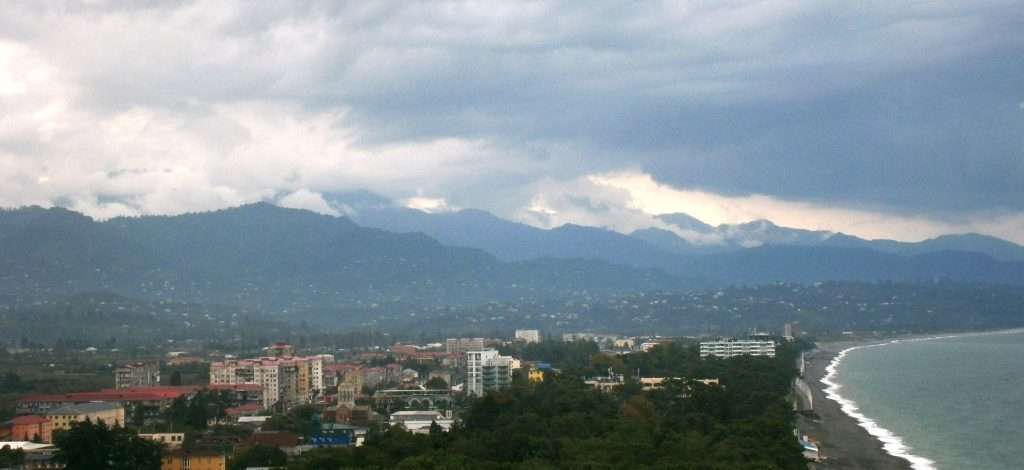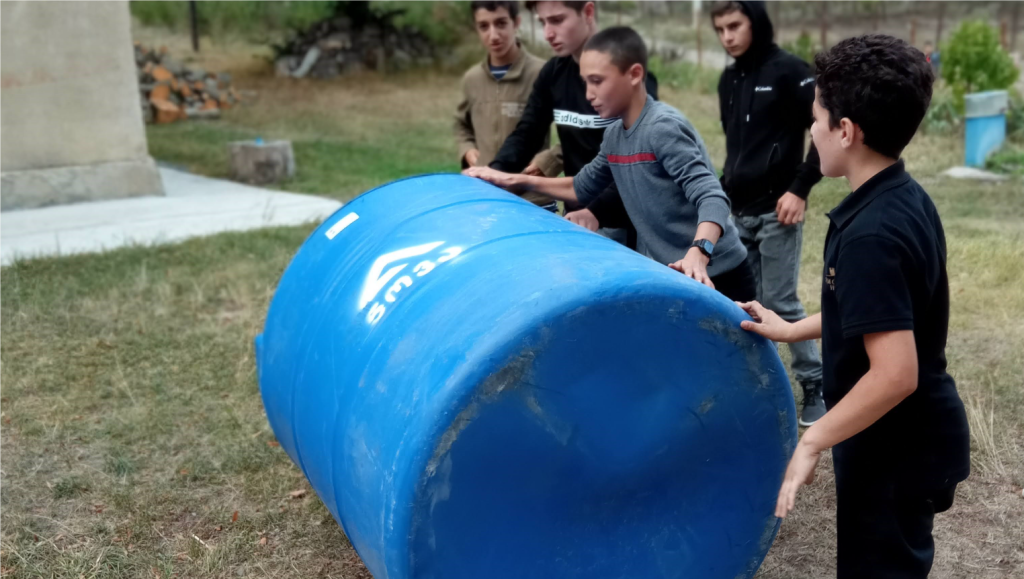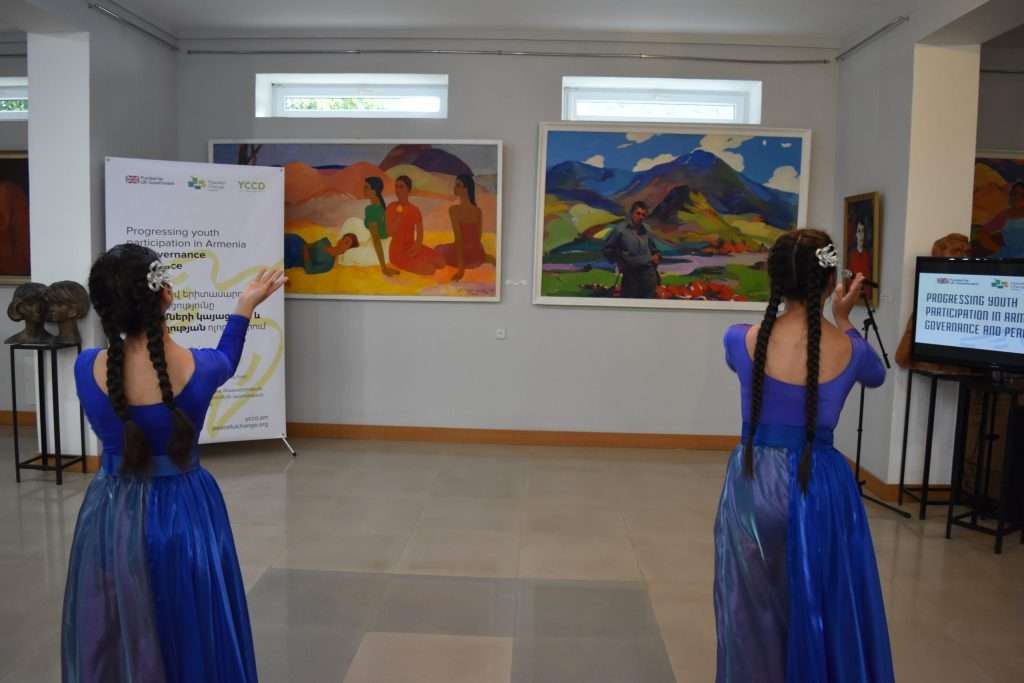PCi has worked in the South Caucasus since 2012, supporting peacebuilders and activists, and providing expertise to assist local actors to reach out across conflict lines and engage in constructive dialogue.
After 2018, when mass protests in Armenia led to a sudden change in government but a new and apparently democratic course for the country, PCi supported youth organisations to find Armenia’s role in the United Nation’s Youth, Peace, and Security Agenda (following UN Security Council Resolution 2250). PCi aimed to influence youth policy and reached out to young people in conflict-adjacent regions to consider how they can be active on peacebuilding issues.
During the COVID-19 pandemic, PCi worked with civic actors and with schools in Georgia and inside Abkhazia to establish support groups that provided resilience throughout the pandemic.
Context overview
Armed conflict flared up in the countries of the South Caucasus, Georgia (including Abkhazia), Armenia, and Azerbaijan, immediately before and immediately after the dissolution of the Soviet Union. Different minority elites sought to change the status of their territories, which were autonomous districts in Soviet times. Periods of intense fighting led to protracted political conflicts, often referred to as ‘frozen conflicts’, with stagnated peace process that addressed humanitarian issues and contributed to de-escalation but saw no progress on deeper political resolution. Many political figures saw the prolongation of the conflicts to work in their favour while only a small group of people from civil society actively sought to maintain contact across conflict lines and inject innovative thinking into paths to resolving the conflict.
In September 2020 Azerbaijan decided to resolve its conflict with Armenia over the separatist, Armenia-settled territory of Nagorny Karabakh by force, achieving quick military victories and then applying multiple layers of pressure to recapture all of the territory that it lost in the wars of the 1990s. By the autumn of 2023 all Armenians had fled Nagorny Karabakh and while the Armenian and Azerbaijani governments have engaged in dynamic processes to addresses regional issues, grievances exacerbated by the conflict have deepened and need to be addressed to underpin any peace efforts.
In Georgia, the conflict with its two separatist territories remains frozen while conditions for Georgians and Abkhaz to build understandings of one another’s lives and perspectives having deteriorated further still.



